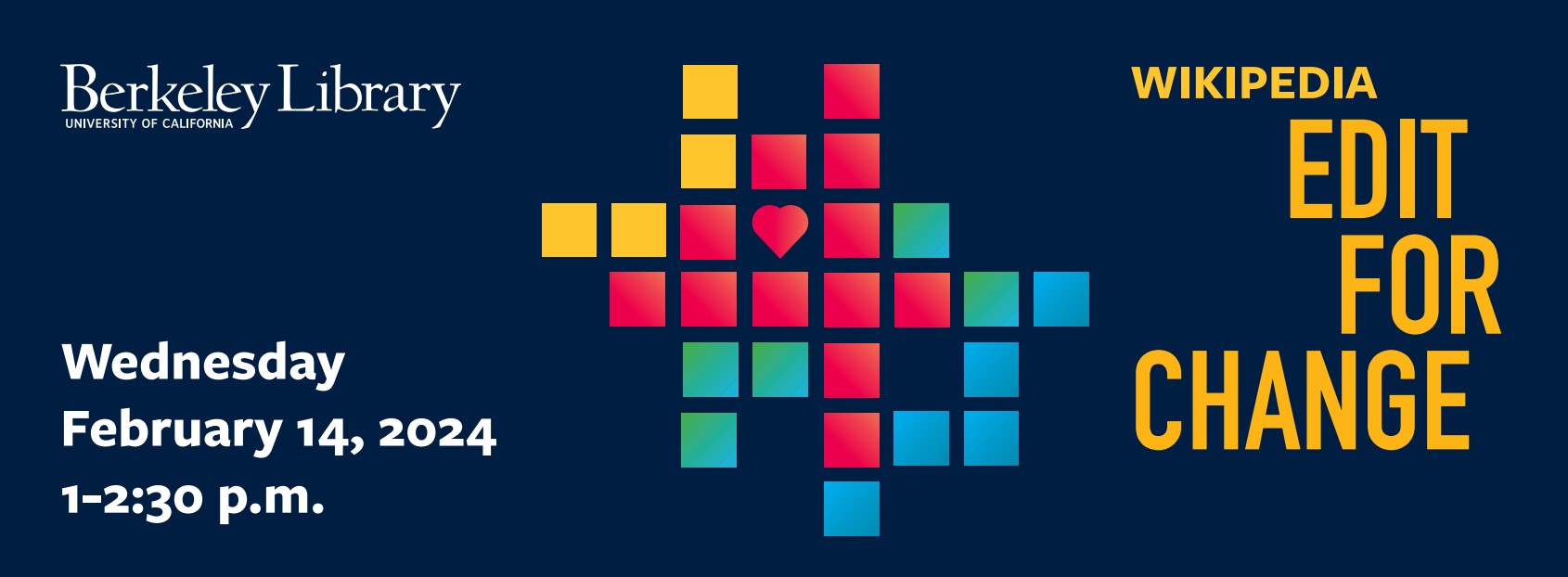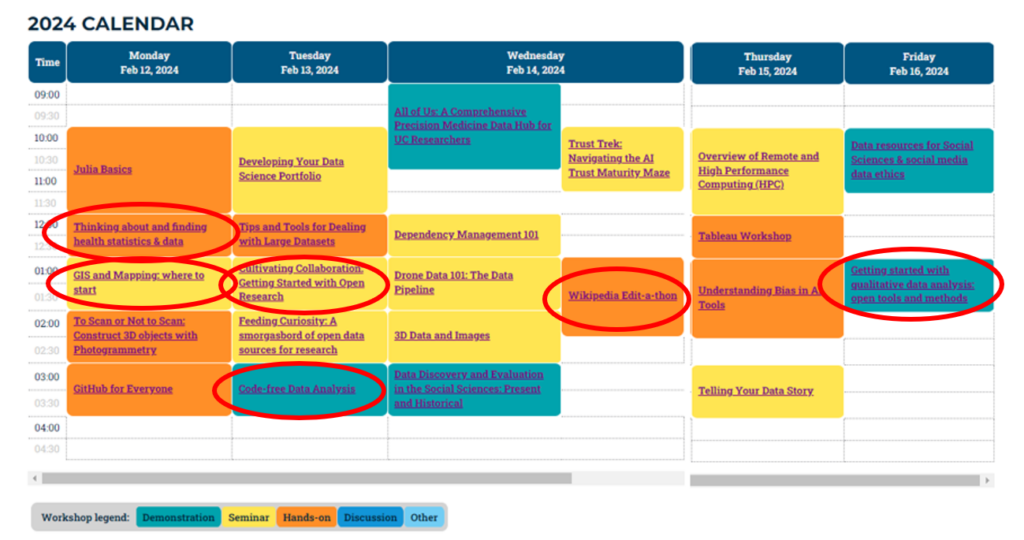
I am a proud Wikiphiliac. At least, according to the Urban Dictionary, which defines Wikiphilia as “a powerful obsession with Wikipedia”. I have many of the signs it warns of, including “accessing Wikipedia several times a day…spending much more time on Wikipedia than originally intended [and]… compulsively switching to other Wikipedia articles, using the hyperlinks within articles, often without obtaining the originally sought information and leaving a bizarre informational “trail” in his/her browsing history” (but that last part is just normal life as a librarian).
How else do I love Wikipedia? Let me count the ways! As a librarian, I always approach crowd-sourced information with a critical eye, but I also admire that Wikipedia has its own standards for fact-checking, and in fact some topics are locked to public editing. It takes its mission very seriously. It also has an accessible and neutral tone. Especially when I want to learn about a technical topic, it can give me a straightforward and helpful way to approach it. I also use it pretty routinely as a way to look at collections of sources about a topic; when I was a medical librarian, I was asked for data on the condition neurofibromatosis, and at that time the best basic links I found were in the references for the Wikipedia article. Last and maybe most importantly, the fact that anyone can edit is a huge strength…with challenges. Wikipedia openly admits its content is skewed by the gender and racial imbalance of its editors, and knowing this is part of approaching it critically, but it also means that IT CAN CHANGE, and WE CAN CHANGE IT.
Given that philia, a word taken from Ancient Greek (according to the philia Wikipedia article), means affection for or love of something, it’s fitting that our 2024 Wikipedia Editathon is part of UC’s Love Data Week, and happens on Valentine’s Day. If you would like to learn to contribute to this amazing resource, and perhaps even help diversify its editorial pool, we can get you started! There isn’t yet a Wikipedia page on Wikiphilia, but maybe you could create one! There already is a podcast series…
If you’re interested in learning more, we warmly welcome you and invite you to join us on Wednesday, February 14, from 1-2:30 for the 2024 UC Berkeley Libraries Wikipedia Editathon. No experience is required—we will teach you all you need to know about editing! (but, if you want to edit with us in real time, please create a Wikipedia account before the workshop—information on how to do that is on the registration page). The link to register is here, and you can contact any of the workshop leaders with questions. We hope you will join us, and we look forward to editing with you!
NOTE: the Wikipedia Editathon is just one of the programs that’s part of the University of California’s Love Data Week 2024! Don’t forget to check out all the other great UC Love Data Week offerings—this year UC Berkeley Librarians are hosting/co-hosting SIX different sessions! Here are those UCB-led workshop links, and the full calendar is linked here:
Thinking About and Finding Health Statistics & Data
GIS & Mapping: Where to Start
Cultivating Collaboration: Getting Started with Open Research
Code-free Data Analysis
Wikipedia Edit-a-thon
Getting Started with Qualitative Data Analysis


